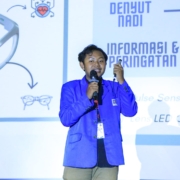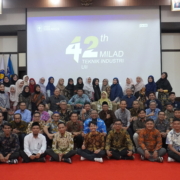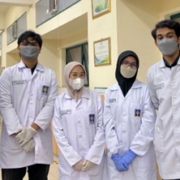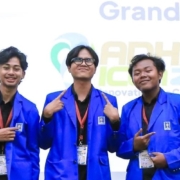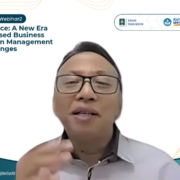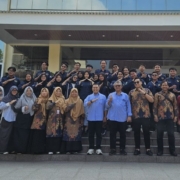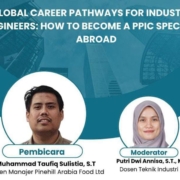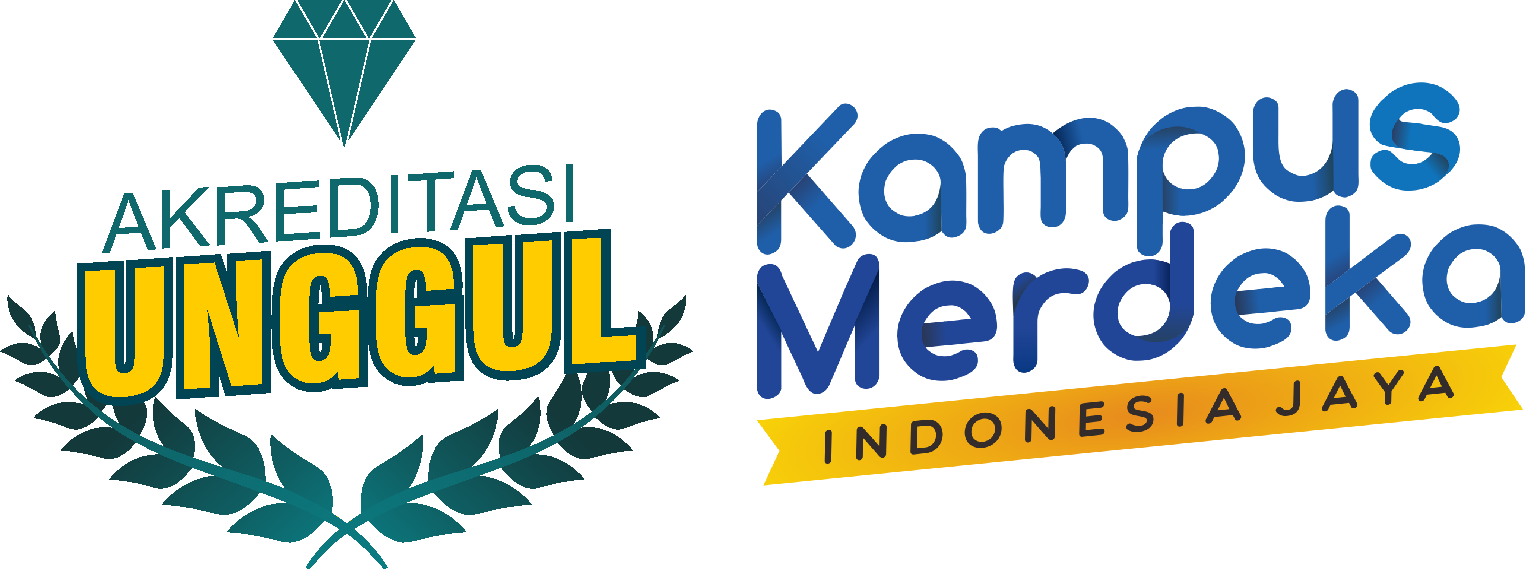Guest Lecture: Business Process Maturity
Industrial Engineering Study Program, Faculty of Industrial Technology, Universitas Islam Indonesia held a guest lecture on Thursday (30/5). The lecture themed “Business Process Maturity and Productivity Improvement” took place online using Zoom Meeting. On this occasion, UII Industrial Engineering presented a special guest speaker, Prof. Dr. Oktay Turetken. He is the Chair of the Industrial Engineering Bachelor Program and Professor of Information Systems from Eindhoven University of Technology (TU/e), Netherlands.
Anggun Galuh as the MC opened the series of activities by reciting basmalah and welcoming all participants. Next, the session continued with a presentation by the speakers, guided by a moderator, Bambang Suratno, S.T., M.T., Ph.D., who is also a lecturer at UII Industrial Engineering department.
“The main objective of Business Process Management is to instill a process thinking mindset in organizations for continuous process improvement and innovation. BPM should not be considered as a one-off project, but should be established as a permanent practice,” said Prof. Turetken as an opening remark. Organizations that are mature in managing their business processes will further increase their productivity.
The Business Process Maturity Model (BPMM) defines an evolutionary path that takes an organization from immature and inconsistent processes to mature and disciplined processes. The evolutionary path consists of five sequential levels. First, the Initial level, the stage of inconsistent management, where there is a need for repeated practice. Next, level 2: Managed, the work unit management stage, where standardized practices are required. Then, level 3: Standardized, the process management stage, where optimization practices are needed. Further, level 4: Predictable, the capability management stage, where innovative practices are needed. Finally, level 5: Innovating, the innovation management stage.
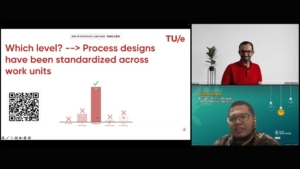
After the presentation, the moderator led a discussion and Q&A session with the participants. Furthermore, there was a quiz session to evaluate participants’ understanding of the guest lecture material. This quiz session was packaged in the form of a game where participants who managed to answer questions quickly and accurately received points. This competitive but fun atmosphere made the afternoon activities more lively. Finally, the event was finalized with a group photo as documentation.
Salwa Nur Rahma

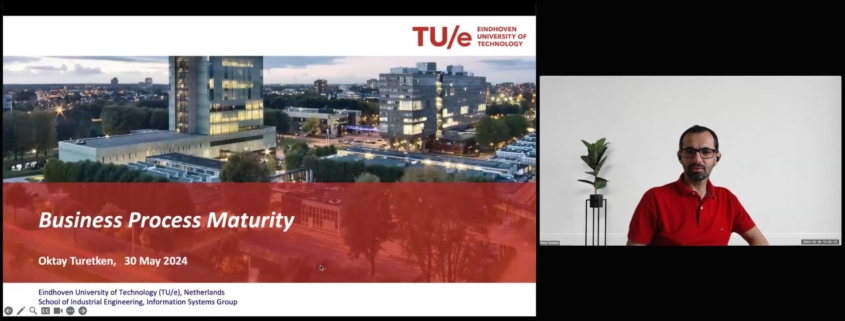
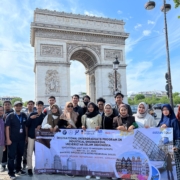 IP IE UII
IP IE UII 